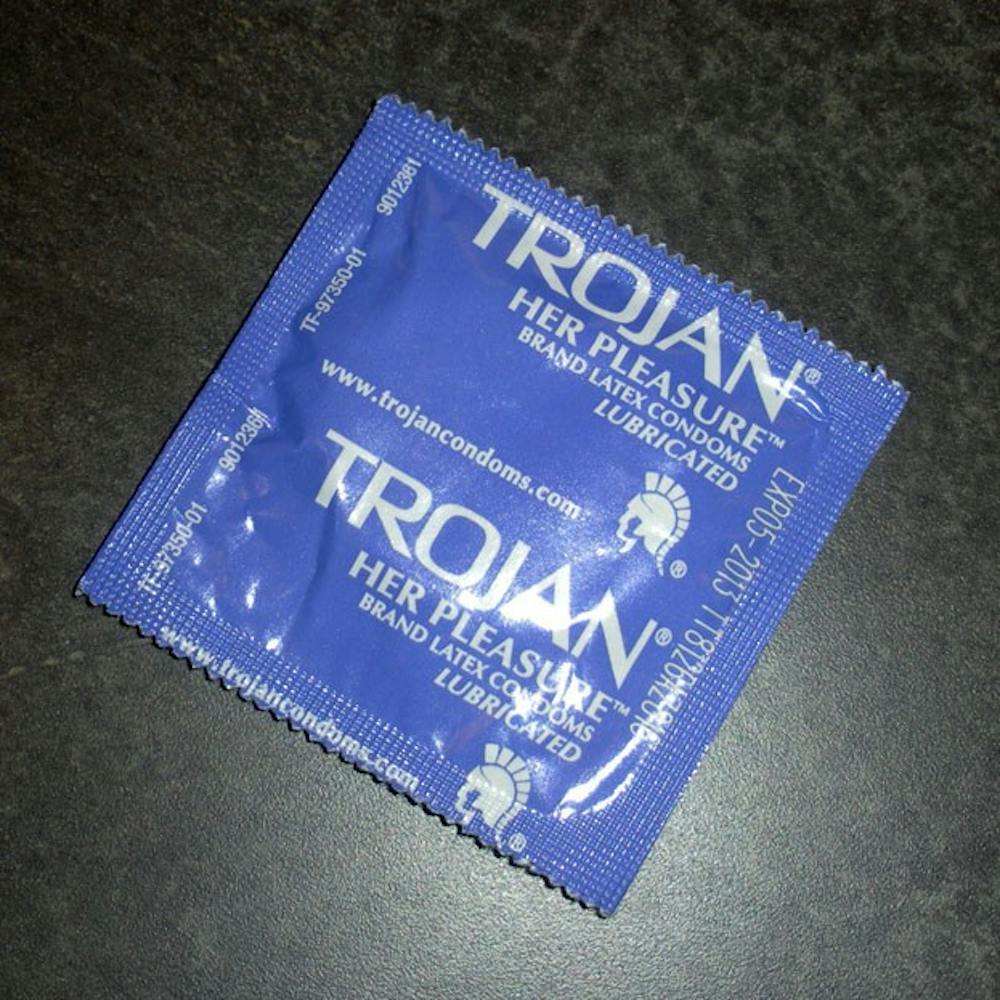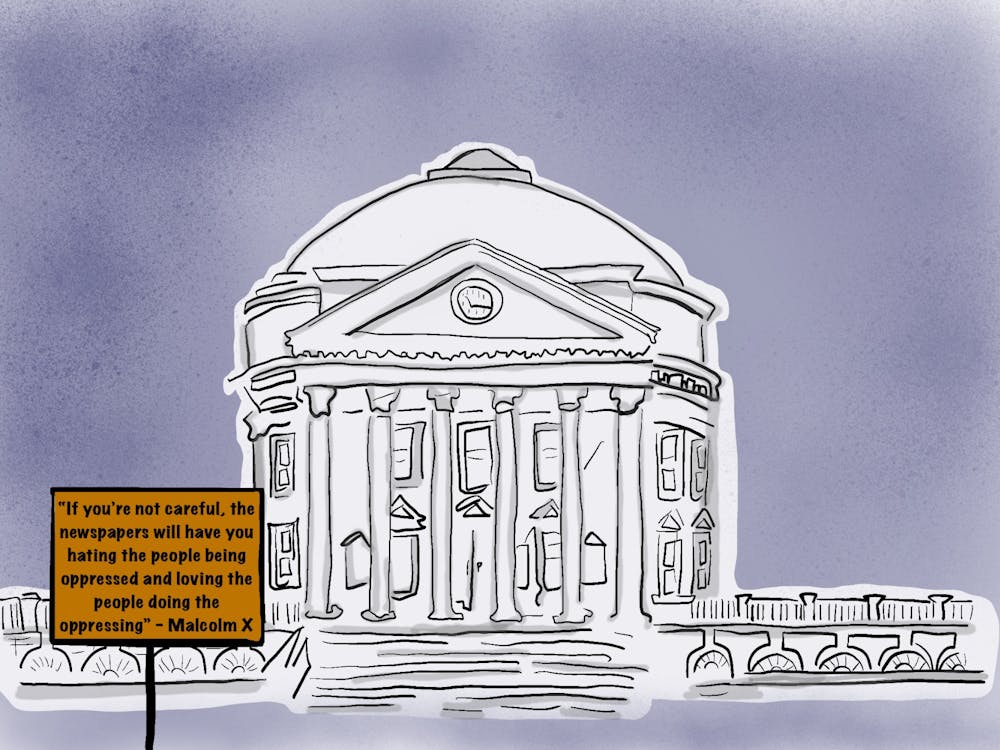The emergence and popularization of commercially available birth control in the 1960’s and 1970’s revolutionized our society, impacting not just dating and family planning, but also seemingly unrelated realms such as crime rates and enrollment in higher education. For the first time in history, women could, in theory, exert sovereignty over their personal reproductive lives. This sudden ability to put off or altogether avoid childbearing led to an unquantifiable increase in standard of living for women across the globe, with the added benefit of stimulating economies and setting the stage for improved gender equity and representation. Unfortunately, this explosion of empowerment has fallen distinctly short of one critically important milestone — equitable availability of accessible, reversible, male birth control.
As it stands, the only real option for the vast majority of men is wearing a condom, which is notoriously ineffective, to the point where most physicians recommend they be used in tandem with another more reliable form of birth control for the female whenever possible. Compared to the spectrum of reliable options that allow women to customize their contraception, condoms simply do not measure up in terms of effectiveness or personalization. This leaves men in the precarious position of being dependent on their sexual partners for the responsibility of preventing pregnancy. People should be able to plan their own reproductive lives without having to depend on the consent or responsibility of another party, regardless of gender.
This is not just an issue for men however, as women would stand to benefit from male birth control as well. For one, although female birth control is generally leagues more effective than condoms, it too isn’t always perfect and women would certainly benefit from additional security. Furthermore, as many women can attest, birth control can be a burden to manage, and it is inherently inequitable that many women are left to singlehandedly bear the burden of contraception. Women are supposedly equal partners to any sexual relationship or interaction, yet they are oftentimes responsible for the bulk of preventing pregnancy. Male contraception would change this.
Past attempts at developing and distributing male contraception have been lacking. In 2011, clinical trials of a hormone based male contraception were shut down after subjects developed severe depression and other worrying side effects such as infertility at far greater rates than previously expected.
Fortunately, there are some promising developments on the horizon for male birth control. For example, an experimental contraceptive called Vasalgel has been shown to prevent pregnancy in monkeys for up to a year. Rather than earlier products, which relied on hormones to reduce sperm count, Vasalgel works as a physical barrier to plug up the vas deferens and prevent sperm from being released. While there are still quite a few questions to be answered about the side effects of this technology, it is nevertheless a step in the right direction. However, the story isn’t quite over even if Vasalgel does pass human trials and makes it to the market. True equity in contraception will only be achieved when men have access to a diversity of options, to find a routine which works for their own personal needs. Leaving the market with only one option, while better than none, still falls short of empowering men and women to take control of their own reproductive health and share the burden of managing contraception.
Brendan Novak is an Opinion editor for The Cavalier Daily. He can be reached at b.novak@cavalierdaily.com.





